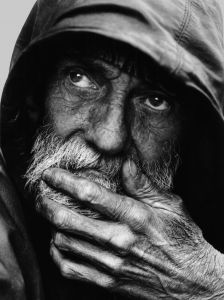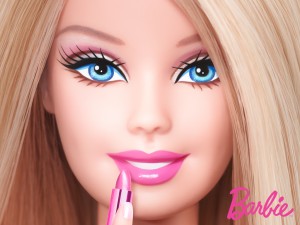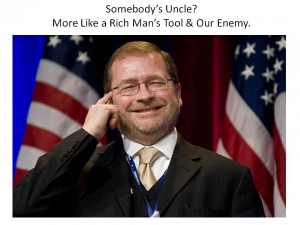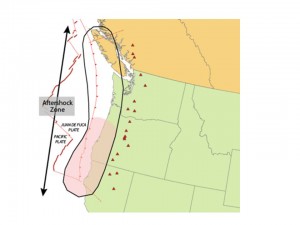In the United States, disparities between rich and poor have risen sharply and individuals are increasingly unlikely to escape from their economic position. There are few stories of how someone made it from “rags to riches,” and families are increasing their annual working hours, if they have jobs. According to research, income inequality is far greater in America than in other major countries such as Great Britain, Australia, and Canada. Current statistics show that the rich is getting richer and the middle-class and working poor are being left in the dust.
Although America is thought of as the land of material wealth and success, poverty has existed persistently since its inception. Large numbers of Americans have been and still are poor. They lack the resources to feed, clothe, and shelter themselves adequately relative to the socially defined standards of today. There are many issues when looking at poverty because it is a problem that permeates every dimension of culture and society and has different meanings. Social poverty means that some people will be denied the right to a decent education. Political poverty means that innocent people are imprisoned on the basis of their skin color and politicians turn a blind eye. Economic poverty means there will be limited employment opportunities for some and inadequate housing for others.
When individuals are poverty-stricken, they have to make choices between paying bills or buying school clothes and supplies for their children. When individuals are poor, their living conditions are often lacking in essentials such as gas, water, and electricity. They sometimes have to make life or death decisions because they lack monetary and social capital. In essence, poverty is the state of living without economic, political and social resources that are necessary and requisite for achieving success in this society. Poverty is powerlessness, a lack of representation and freedom. The only point in which individuals would not be considered poverty-stricken is when there is a fundamental change in the distribution of goods and services in American society and everyone is on a more equal playing field. In the United States, poverty can be defined either as biological, meaning that individuals cannot meet biological needs, and relative, which describes a person as poor in comparison to other members of their society.
The Census Bureau measures poverty by using a set of monetary income thresholds that is based on the family’s size and structure. If a family’s income falls below that particular threshold, they are considered poor. These thresholds consist of monetary income before taxes such as work earnings, public assistance, alimony, child support, social security benefits, and trusts. There has been much criticism of the way the Census Bureau measures poverty because it is considered archaic and miscalculated. The most important aspect used to measure whether an individual is living below the poverty line is income. According to the Census Bureau, only cash income is considered in a family’s income, not the other types of government assistance such as Food Stamps, school lunch programs and earned income tax credits. A family of four with three children under the age 18 would be considered poverty-stricken if their total income falls below $19, 233. In Chicago, as many as 253,000 more Chicago residents — 87,000 of them children — are likely to have been pushed into poverty as a result of the recession, according to the Heartland Alliance Mid-America Institute on Poverty’s newly released 2009 Report on Chicago Region Poverty. The projected increase would represent a 27 percent jump in the number of people living in poverty in the state over the past two years.
My definition of poverty is quite different than the one used by the Census Bureau and OMB because I measured not only economic resources but political and social resources as well. The Census and the OMB only measures cash income. The definition used by the Census and the OMB do not allow for social constructs such as social and political deprivation. The individuals who use this definition obviously do not understand that being impoverished is more than lacking money. Poverty is a state of mind that causes people to fall behind academically, to be more likely to commit criminal acts, and to lose hope. Poverty not only decimates pocketbooks, but spirits as well. There are several ways that poverty might be conceptualized and operationalized. In 2002, the Census Bureau compared a set of alternative measures designed by the National Academy of Sciences with its own official measure. However, the findings were mixed. Under a set of alternative measures that added noncash benefits, the poverty rate increased. That is why the Census Bureau uses its official measure. The United States wants to pretend that poverty does not exist and if it does, only a few are actually afflicted, usually people of color.
The existence of poverty in America is a complex situation and so are the solutions necessary to correct it. Huge campaign contributions from large corporations and wealthy individuals dominate politics, economics, and social policies in this country. The needs of the poor are not on the agendas of these individuals and because of those in power there are conservative government policies that undermine helping the disadvantaged and pad the pockets of the privileged. The various debates on whether the official measure of poverty is correct are stupid and does not change this fact: America has forgotten about a certain segment of people based on their economic background.
Some have argued that the rate economic growth has been insufficient to eliminate poverty, whereas others maintain that the cause is because of an unequal distribution of income. Some see the poor as lacking the skills or the will to escape their condition; others see the economy as dependent upon the poor to provide a low-wage labor force for various industries. This lack of agreement has long been characteristic of public discourse about poverty. As long as American society is one of conflict between the classes, nothing will change.
The Pursuit of UnHappyness - Poverty in America,




